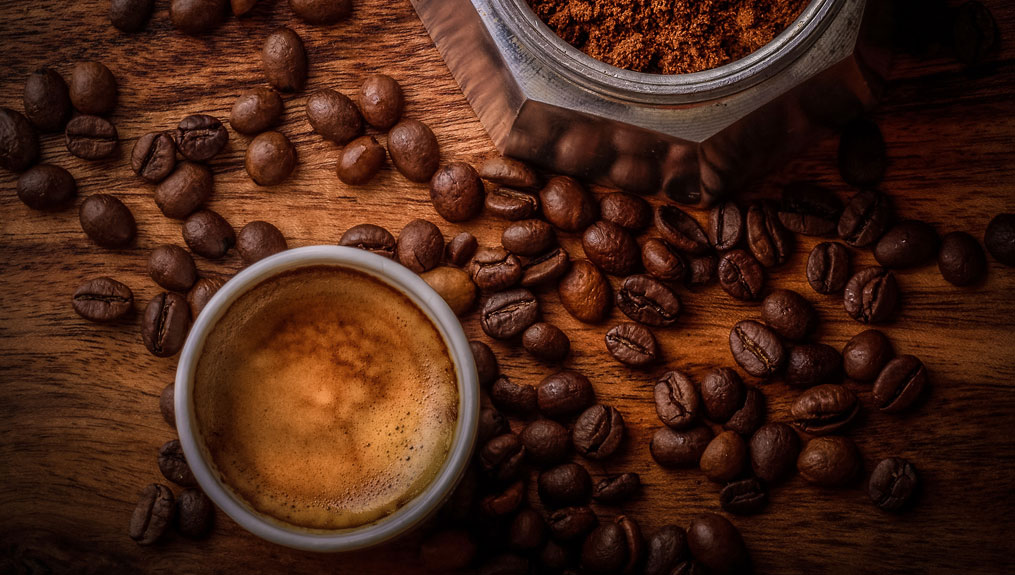[A] controversial ruling in California last year meant that coffee retailers located in the Golden State would have to post signage alerting customers that a chemical in their cup of joe could cause cancer. The chemical in question is acrylamide, created during the Maillard reaction, and is also found in French fries, potato chips, and baked goods. While high levels of acrylamide are definitively carcinogenic, it’s unclear as to whether the trace amounts found in roasted coffee beans, which are then extracted into liquid, are harmful.
While there’s an ongoing effort through California’s Office of Environmental Health Hazard Assessment to reverse that ruling, a European biotech firm has another solution: reduce the acrylamide in coffee. Since 2007, Novozymes has produced an enzyme that reduces the presence of acrylamide in certain foods throughout Europe. The enzyme, known commercially as Acrylaway, means that food’s natural amino acids can’t be converted into acrylamide during the cooking process. In a recent interview with Business Insider, Novozymes CEO Peder Holk Nielsen claims that using his product could even result in better-tasting coffee by reducing bitterness. Novozymes is currently working on a commercial Acrylaway product specifically for the coffee roasting market; it is not yet widely available.
















